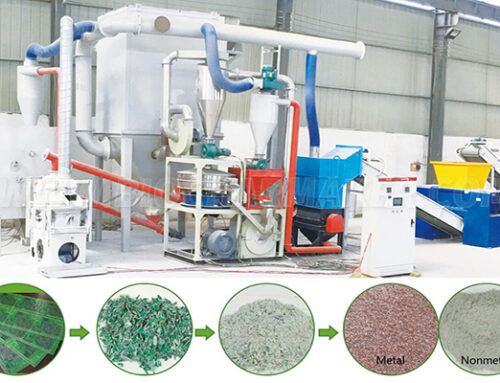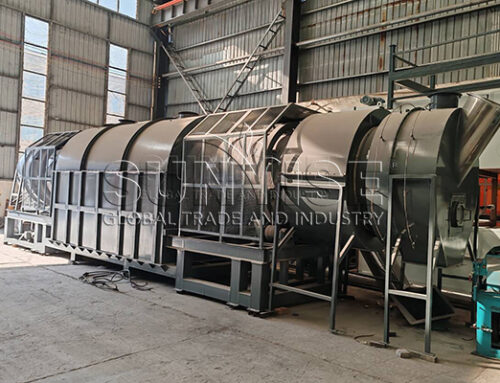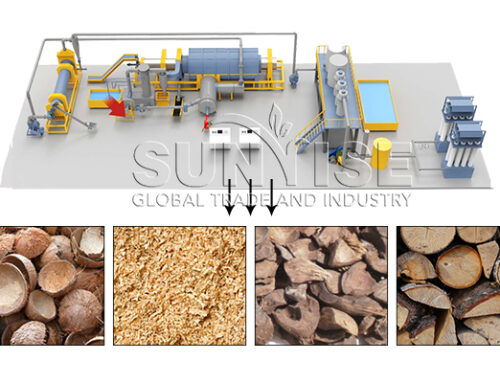How Does the Raymond Mill Machine Work?
Since most biomass materials are hard and irregular, the treatment of uniforming the materials is necessary. Raymond mill machine is one of the industrial pulverizers that the customers would choose. The working principle and result of the Raymond mill machine can suit the charcoal production line the most.
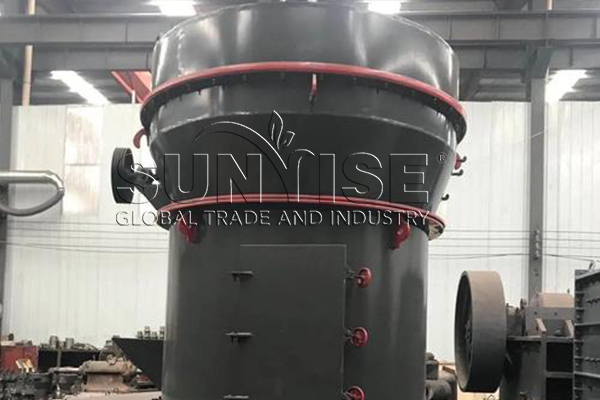
Raymond mill machines are widely used in various industries for grinding and processing materials such as glass, ceramics, activated carbon, carbon black, etc. These machines are essential for the production and processing of fine powders used in industries like mining, carbonization, and chemical engineering. In this article, we will explore how Raymond mill machines work, highlighting their key components, operation processes, and applications.
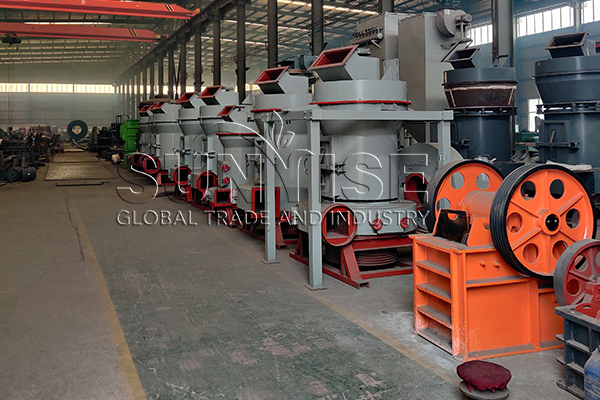
Key Components of Raymond Mill Machines
Raymond mill machines consist of several key components that work together to grind and process materials efficiently. These components include the main frame, the grinding ring, the blade, the roller, the motor, and the analyzer. The main frame provides support and structure for the entire machine, while the grinding ring and blade are responsible for crushing and grinding materials into fine powders. At the same time, the roller helps to exert pressure on the grinding ring, ensuring even and consistent grinding. The motor powers the machine, and the analyzer controls the particle size of the final product. All in all, these components work in harmony to deliver high-quality and uniform powders for various applications.
Operation Process of Raymond Mill Machines
The operation of a Raymond mill machine begins with the feeding of materials into the grinding chamber. The materials are crushed and ground by the blades and grinding ring as the roller exerts pressure on them. The ground materials are then brought to the classifier by the airflow generated by the fan. The classifier separates the fine powders from the coarse particles, sending the fine powders to the collector and returning the coarse particles to the grinding chamber for further processing. The collected fine powders are discharged through the discharge valve, while the airflow with the coarse particles is recycled back into the grinding chamber for continuous grinding. Therefore, this process ensures a steady and efficient production of fine powders with the desired particle size.
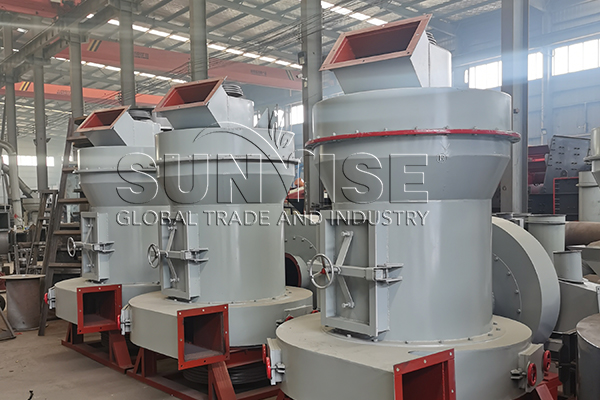
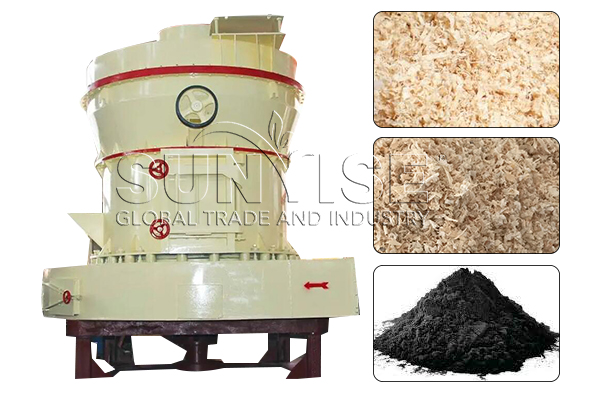
Applications of Raymond Mill Machines
Raymond mill machines are widely used in various industries for grinding and processing a wide range of materials. They are commonly used in the mining industry for processing ores such as limestone, marble, talcum, and gypsum. In the construction industry, Raymond mill machines are used for grinding materials like barite, dolomite, and bentonite to produce construction materials such as concrete and mortar. In the chemical engineering industry, these machines are employed to process materials like activated carbon, carbon black, and refractory materials for various applications. Additionally, Raymond mill machines are used in the production of ceramics, glass, insulation materials, and other industrial products that require fine powders with specific properties.
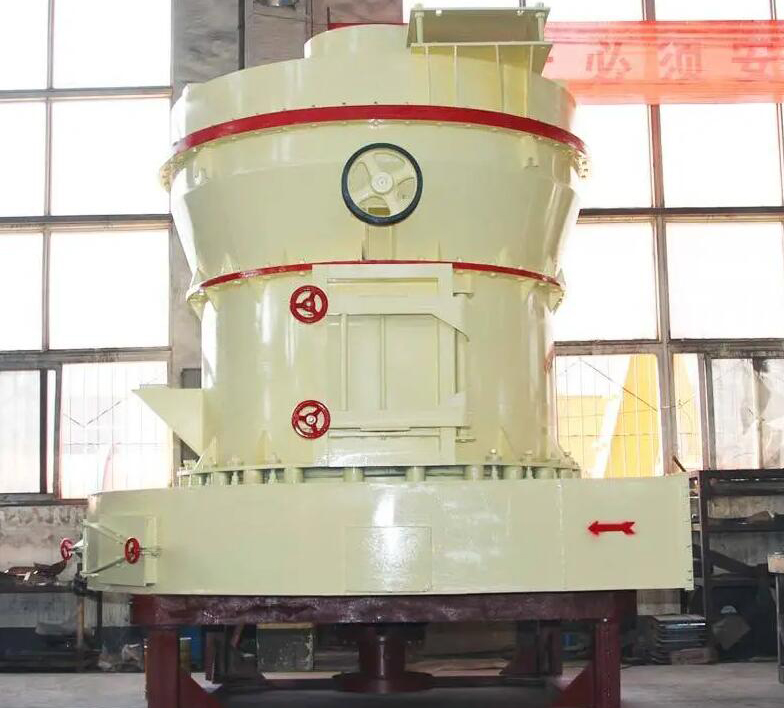
In conclusion, Raymond mill machines play a crucial role in grinding and processing materials in various industries. By understanding the key components, operation process, and applications of these machines, industries can optimize their production processes and achieve high-quality and uniform powders for their specific needs. With their efficient and reliable performance, Raymond mill machines are indispensable tools for the production and processing of fine powders in the modern industrial landscape.
Since the industrial pulverizer exists in the charcoal production line, the customer has a higher request for the Raymond mill machine. Sunrise Machinery Company can provide the Raymond mill that could break the materials into smaller pieces. The Raymond mill machine could break the materials into 2mm-20mm particles. Sunrise Machinery Company earns a good reputation among customers. If you are interested in our products and production lines, please feel free to contact us. Our customer service staff can offer you detailed information.

